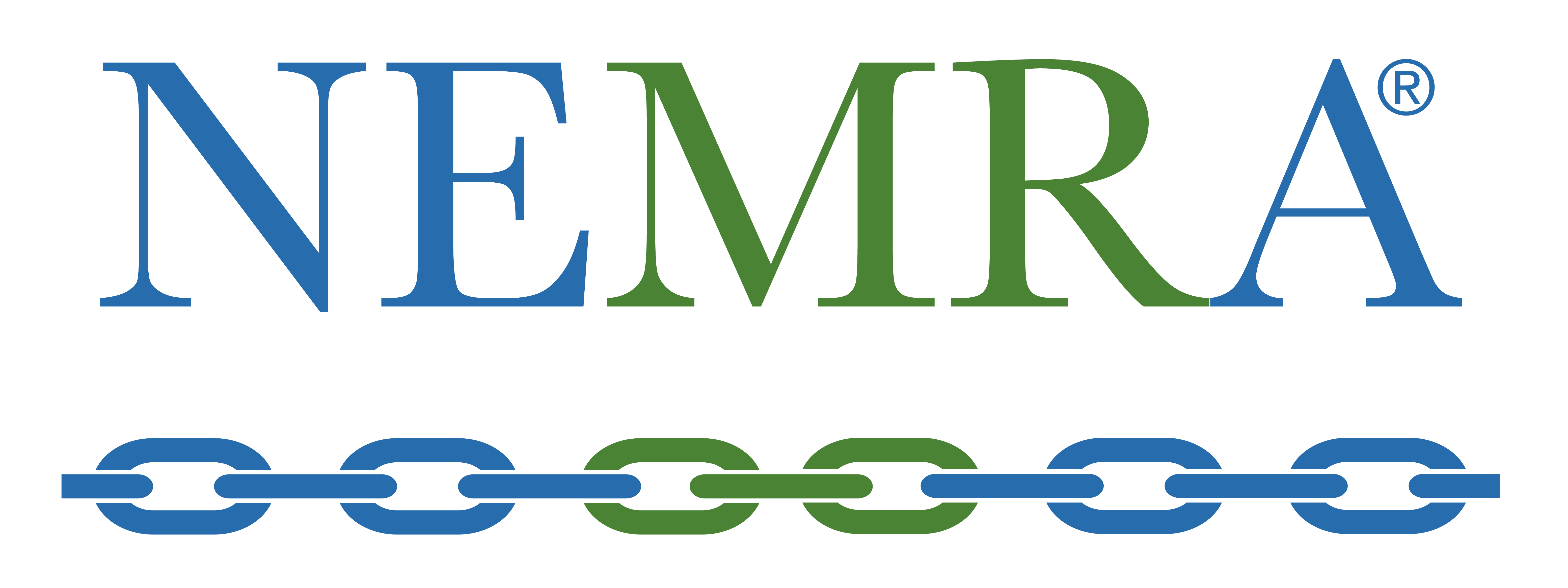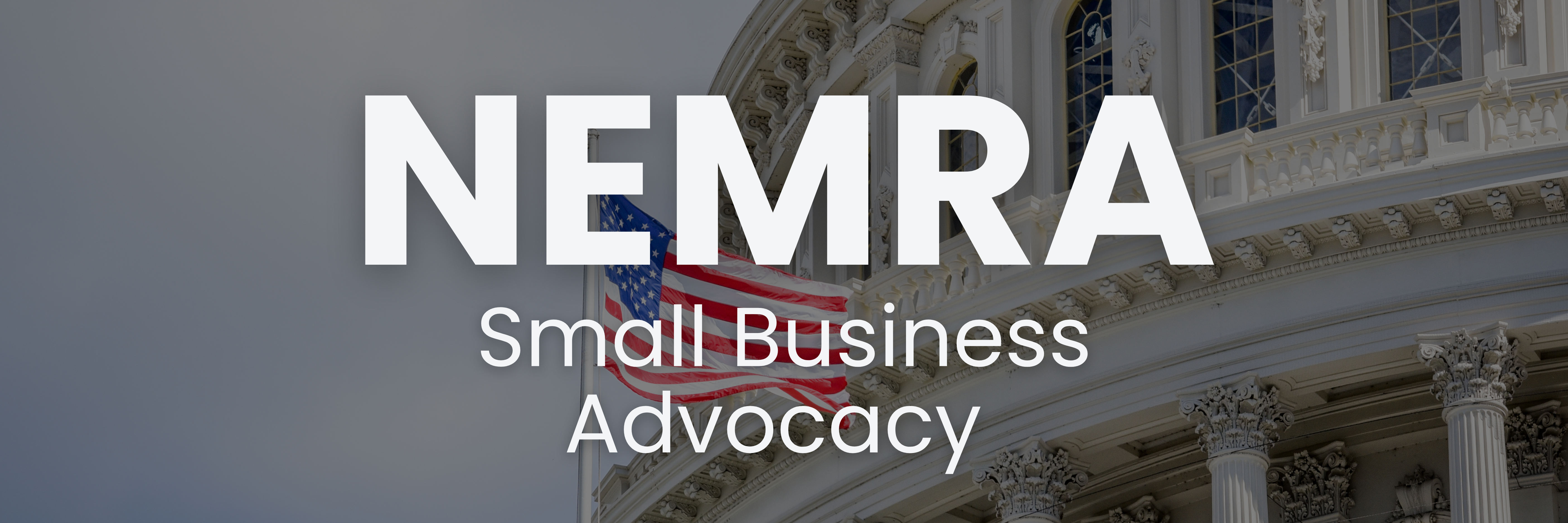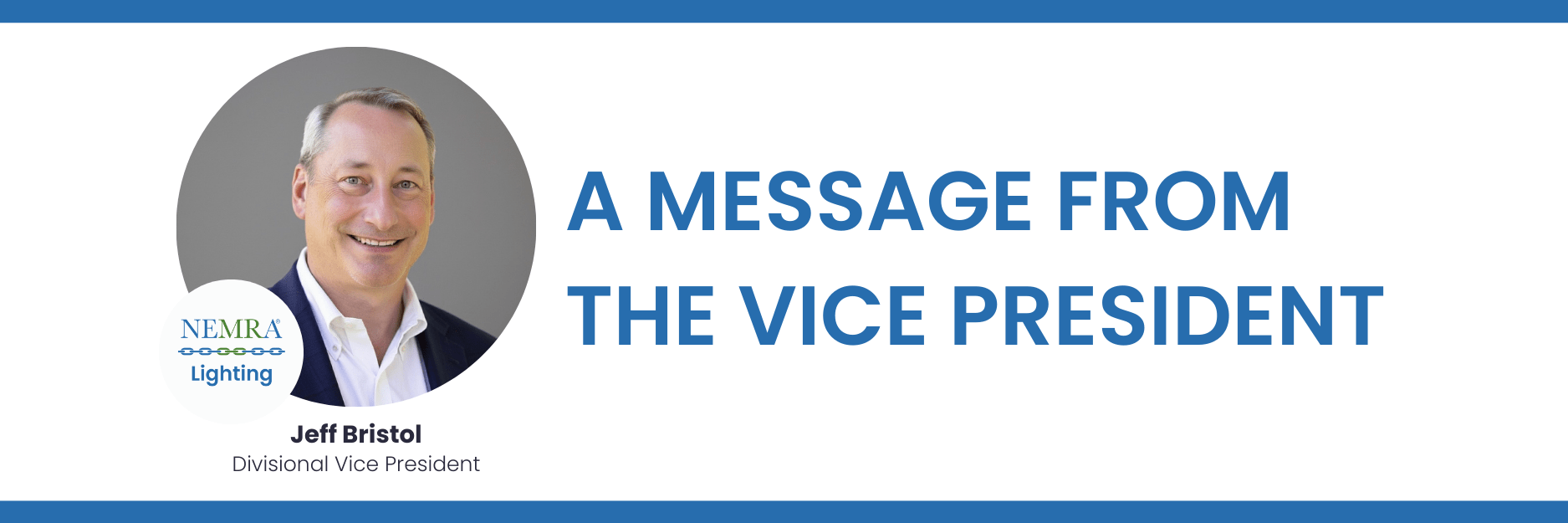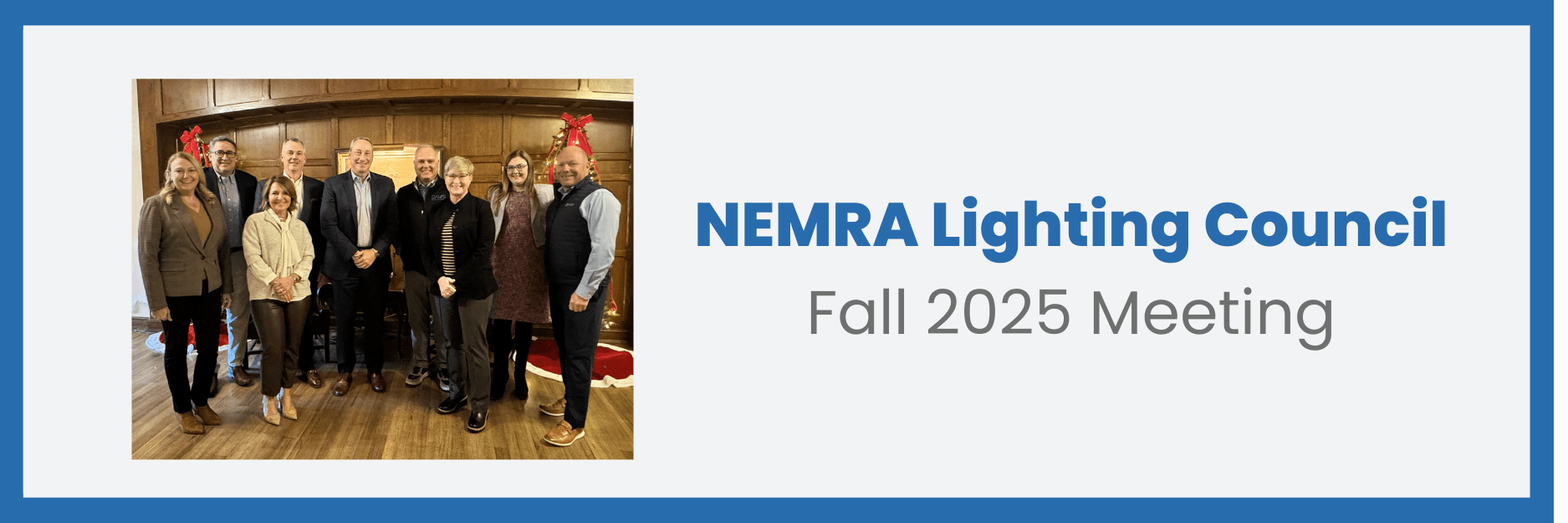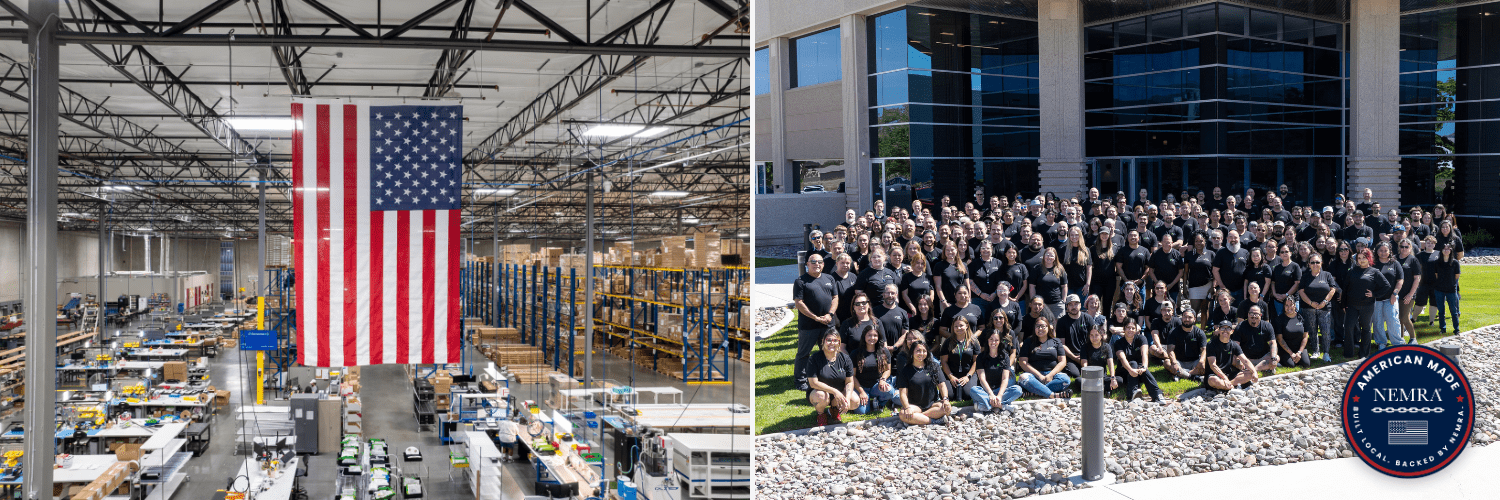ON DECK:
PROGRAMMING NOTE: Out the rest of the week, so clearing the decks this morning.
- Trump leaves G7 summit in Canada early, leaving some leaders in a lurch; Carney gives 30-day timeline for Canada deal; Bessent says will probably meet with China in three weeks; U.S.-UK deal text released
- 232 derivatives could create something close to global tariffs
- Toymakers try to take IEEPA challenge straight to SCOTUS
DISCLAIMER: The below is intended to inform, not to be construed as an official statement from the office of Rep. Yakym
Tidbits
Iran from the Summit
Lots of meetings this week between President Donald Trump and other leaders at the G7 summit in Canada, though there were some near-misses too as President Trump left early due to, uhh, reasons. It’s in the country-by-country below, but Trump did meet with leaders from Canada, the EU, Japan, and the UK. He didn’t meet with leaders from Australia, India, Mexico, and South Korea. (That’s not necessarily an exhaustive list)
- Australia: Prime Minister Anthony Albanese was among those that didn’t meet with President Trump before he left Canada. He’s now weighing a snap visit to the Netherlands next week in hopes of catching Trump at a NATO summit.
- Canada: Prime Minister Mark Carney welcomed President Trump to the summit, with a readout saying he wants a deal in 30 days (remember Canada and Mexico are on a separate timetable from the July 9 deadline, or at least in theory they are). President Trump told reporters gathered for a photo spray, “I think we have different concepts. I have a tariff concept…Mark has a different concept, which is something that some people like, but we’re going to see if we can get to the bottom of it today.” He added, “I think Mark has a more complex idea, but also very good.” On Air Force One, I clocked another use the word “complex:” “They get too complex with the deals and they never get done, and we need speed.” Regardless, PM Carney’s charm offensive leading up to the summit appears to have paid off. The country is weighing a new “Buy Canadian” policy for steel and aluminum in government-funding infrastructure projects.
- China: Treasury Secretary Scott Bessent told the New York Post he’ll probably meet with Chinese counterparts again in about three weeks to take stock of where things are at post-London: “The idea is we agreed in London, magnets start flowing, we will take down our countermeasures, and then we’ll probably have another in-person meeting again in three weeks.” Reuters reports that China would not commit in London to releasing key military rare earth magnets. Chinese imports have remained stagnant as it seeks to boost domestic industries, while retail sales were boosted by subsidies for certain goods.
- Costa Rica: Trade Minister Manuel Tovar told Inside U.S. Trade that there’s “good momentum” and “goodwill” for a deal. He added that he wants his country to set a “tone” for Latin America as officials met with USTR last week.
- The EU: European Commission President Ursula von der Leyen spoke with President Trump on the phone ahead of the summit and met with him as well. In the phone call, she said they took stock of talks and reiterated the bloc’s commitment to getting a deal by July 9. Trade Commissioner Maros Sefcovic was supposed to meet with USTR Jamieson Greer on the sidelines of the summit, but it’s not clear if Greer left along with his boss or not. The two did talklast Friday in Paris at the OECD, though. As President Trump was departing for Air Force One, he told reporters, “I don’t feel that they’re offering a fair deal yet.” German newspaper Handeslblatt reported that the EU would accept a 10% tariff rate, citing unnamed EU officials, but the report was quickly batted down by Brussels.
- India: Prime Minister Narendra Modi didn’t get a chance to meet with President Trump before he left.
- Indonesia: An official with the Office of the Coordinating Economy Minister told the Jakarta Post that the country is “awaiting America’s response.” This comes after a delegation to DC was scrapped last week because the offer had been deemed sufficient.
- Japan: Prime Minister Shigeru Ishiba met with President Trump in Canada, but (not unexpectedly) no deal was agreed to. PM Ishiba told reporters, “There are still some points on which the two sides are not on the same page.” Chief negotiator Ryosei Akazawa spoke with Commerce Secretary Howard Lutnick on the phone last Saturday too. No word on if Akazawa is continuing his ironman streak of U.S. visits for a fifth straight week.
- Mexico: President Claudia Sheinbaum was another leader whose meeting was canceled due to President Trump’s early departure. But she talked to him on the phone Tuesday.
- Pakistan: Finance Minister Muhammad Aurangzeb held a virtual call with Secretary Lutnick on Monday, with additional technical discussions expected in the coming days.
- South Africa: Despite the rocky Oval Office meeting a few weeks ago, negotiating teams from both countries will meeton the sidelines of the U.S.-Africa Business Summit next week. A proposed framework from the South African side includes LNG, critical minerals, autos, and steel.
- South Korea: New President Lee Jae-myung didn’t get a chance to meet with President Trump before he left the G7 summit. The new government established a task force to coordinate negotiations as Trade Minister Yeo Han-koo saidhe would step up efforts to engage with the U.S.
- The UK: After a lot of waiting and “check’s in the mail” type comments, Prime Minister Keir Starmer met with President Trump in Canada to finally sign the U.S.-UK trade deal. The White House posted an executive order and fact sheet on its website. One notable change from the original agreement is that steel and aluminum tariffs will remain at 25% for now. Trade Secretary Jonathan Reynolds clarified that the issue surrounding steel and aluminum isn’t “about who owns it — it’s the melt and pour rules.” In a separate, trade-adjacent issue, the U.S. warned the UK about allowing a Chinese wind turbine factory in Scotland to move forward.
- Vietnam: The Trade Ministry reported that the latest talks narrowed gaps on issues, with both sides agreeing to hold further virtual meetings this week. China looms large over talks.
A Few Other Tariff Headlines
- Section 232 Derivatives: Bloomberg examined how the Section 232 investigations – and that word “derivative” that keeps popping up – could create “something close to global tariffs,” per a Trump 1.0 Commerce official.
- Section 232 Aluminum: CBP sent a CSMS message with guidance for those having difficulty figuring out the country of smelt and cast.
- Section 232 Pharmaceuticals: President Donald Trump told reporters on Air Force One that the pharmaceutical tariffs are coming “very soon.” Generic manufacturers have been reluctant to announce investments.
- Section 301 Shipbuilding: The New York Times took a look at the fees on car transport ships.
Leaving It on the Court
A pair of toy companies that won their IEEPA case in district court on May 29 are trying to bypass the appeals court and go straight to the Supreme Court, arguing that “challenges to the IEEPA tariffs cannot await the normal appellate process.” The Department of Justice filed a brief telling the Supreme Court there’s no need for such a dramatic move.
In the meantime, the Court of International Trade (CIT) hit the pause button on two pending IEEPA cases until the other appeals play out. And a Nevada importer that had filed a class action IEEPA lawsuit in the wake of the ruling that the tariffs were illegal withdrew the suit.
Quick Hits
- Rodney Scott was confirmed as Commissioner of CBP on a 51-46 vote
- President Donald Trump approved Nippon Steel’s acquisition of U.S. Steel
- USTR opened a comment period as part of its biennial review of country eligibility for the Caribbean Basin Initiative
- The U.S. filed another USMCA Rapid Response Labor Mechanism dispute against Mexico
- The new facilitator for WTO reform began initial consultations with members this week
Tarif-Fone
Let me know if I missed anything. It’s not unpossible. A strikethrough on the IEEPA tariffs felt too final since they’re still in place, so I italicized them instead.
Trade Actions in Effect | ||||
As of | Who | What | Rate | Authority |
2/4/25 | China | 20% (10% from 2/4/25-3/3/25) | ||
3/4/25 | Canada | 25% | ||
3/4/25 | Mexico | 25% | ||
3/12/25 | All countries | 50%; UK at 25% (25% for all countries from 3/12/25-6/4/25) | ||
3/12/25 | All countries | 50%; UK at 25% (25% for all countries from 3/12/25-6/4/25; was 10% prior to 3/12/25) | ||
4/2/25 | Countries importing Venezuelan oil (currently none) | 25% | ||
4/3/25 | All countries | 25% | ||
4/4/25 | All countries | 25% | ||
4/5/25 | All countries (minus Canada, Mexico, Cuba, North Korea, Russia, Belarus) | 10% | ||
4/9/25 | China | 10% (was 125% from 4/10/25-5/3/25; was 84% on 4/9/25) | ||
5/2/25 | China, Hong Kong | N/A | ||
5/3/25 | All countries | 25% | ||
Coming Attractions | ||||
Status | Who | What | Rate | Authority |
Comments due 6/16/25 | All countries | Inclusions process for Section 232 steel and aluminum derivatives | 50% | |
Effective 6/23/25 | All countries | Tariffs on steel derivatives(mostly appliances) | 50% (25% for UK) | |
Due 6/24/25 | All countries | Inclusion process for auto parts | 25% | |
Comments due 7/7/25 | China | Potential modifications to certain ship fees | Various fees | |
Suspended until 7/8/25 | 57ish countries(minus China) | |||
Suspended until 8/12/25 | China | Reciprocal tariff | 34% | |
Expires 8/31/25 | China | Certain Section 301 China tariff exclusions | 7.5% or 25% | |
9/1/25-9/15/25 | All countries | Inclusion request window for Section 232 steel and aluminum derivatives | 25% | |
Effective 10/14/25 | Shipping companies | Various fees | ||
Due 10/22/25or 1/20/26 (comments due 5/16/25) | All countries (probably) | TBD | ||
Due 11/25/25 (comments due 4/1/25) | All countries (probably) | TBD | ||
Due 11/25/25 (comments due 4/1/25) | All countries (probably) | TBD | ||
Due 12/10/25 (hearing was 3/11/25) | China | TBD | ||
Due 12/27/25 (comments due 5/7/25) | All countries (probably) | TBD | ||
Due 12/27/25 (comments due 5/7/25) | All countries (probably) | TBD | ||
Due 1/20/26 (comments due 5/16/25) | All countries (probably) | TBD | ||
Due 1/26/26 (comments due 6/3/25) | All countries (probably) | TBD | ||
TBD (no current deadline) | Canada | 25% | ||
TBD (no current deadline) | Mexico | 25% | ||
TBD | All countries (probably) | 100% | TBD (maybe Section 232) | |
